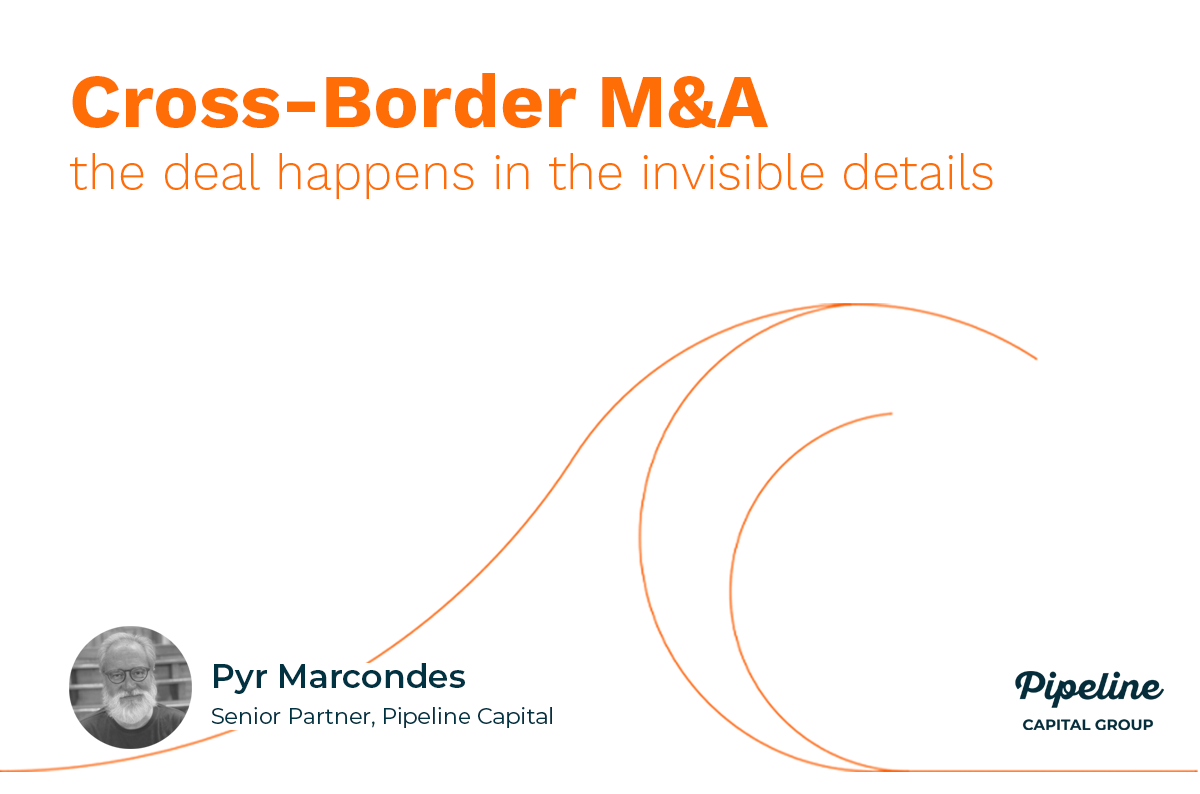Transacting companies across different countries is like navigating a maze where every step requires precision. And contrary to what many believe, the greatest threats in international M&A aren’t in the big numbers—they’re hidden in the small, invisible details.
1. Currency exposure: The risk that quietly erodes value
Currency instability, especially in emerging markets, isn’t an external factor. It’s an inherent part of the risk model. A deal priced in USD can quickly become a toxic asset if not protected by proper currency strategies—natural hedges, swap contracts, or forward locks.
But exchange rates go beyond conversion. They affect the comparability of multiples, EBITDA margin attractiveness, and country risk perception, which in turn alters the buyer’s cost of capital. In other words: valuation is never neutral. It carries geopolitical weight.
2. Multi jurisdictional compliance and due diligence: A real-time legal puzzle
The volume of legal, tax, and environmental obligations varies wildly from country to country. In cross-border deals, what is standard practice in one country might be a liability—or even a violation—in another. A classic example: stock option structures that become illiquid or even illegal under certain tax jurisdictions.
Moreover, the deal may touch on regulatory pressure points such as:
- Foreign capital restrictions (e.g., China, India, Brazil)
- Restrictions in strategic sectors (e.g., technology, energy, media)
- Antitrust notification and approval requirements
Neglecting these fronts means amplifying known risks. But they can be mitigated.
3. Regulatory arbitrage: Risk or opportunity?
Companies with international operations can use disparities between legal frameworks as a strategic advantage—but only if supported by strong legal and tax intelligence.
The challenge lies in complex decisions about where to locate IP, how to structure transfer pricing, and which jurisdiction offers the best “legal umbrella.”
Often, the holding company structure and deal architecture must be redesigned entirely to navigate regulatory gray zones with legal certainty.
4. The human factor: Cultural integration is harder than system integration
When a deal collapses post-closing, it’s rarely due to the lawyers. It’s because of the people involved. Time zones, language, management styles, feedback culture, decision-making speed—these all create friction unless there’s a solid cultural integration plan in place from the term sheet stage.
Cross-border isn’t about complexity — it’s about structure and process
At Pipeline Group, we deal with this strategic density every day. Because M&A is not just a transaction—it’s a multi-layered value-building process. And when the map is global, the attention to each step, its structure, and its processes is what defines the destination.
Ready to navigate the complexities of a cross-border transaction with confidence? Talk to our team at Pipeline Capital and discover how we can structure your next M&A deal with precision, strategy, and global perspective.
📩 Contact us: https://pipeline.capital/contact-ma/
Let’s build value—layer by layer.

